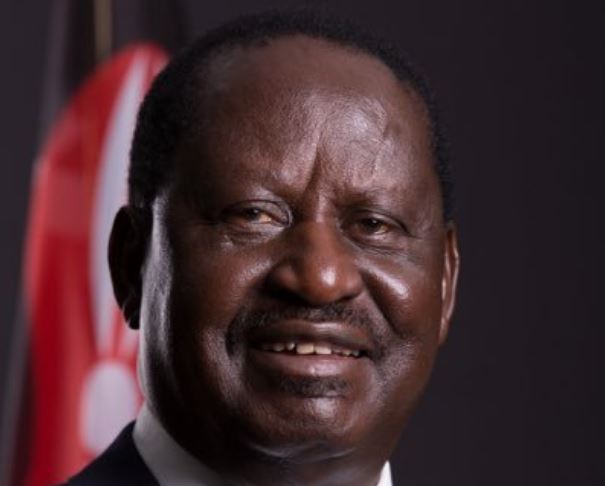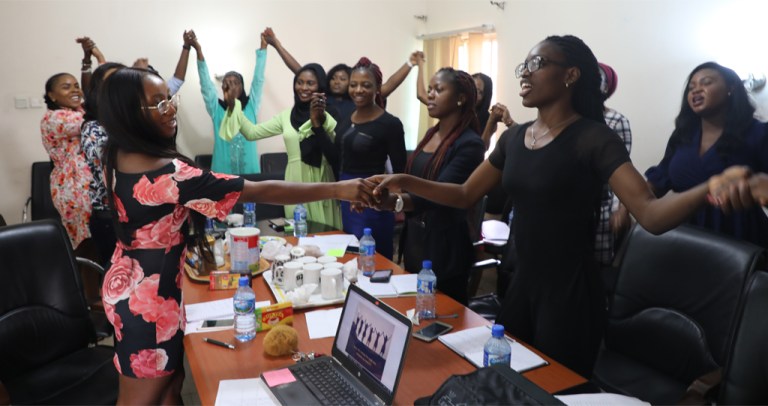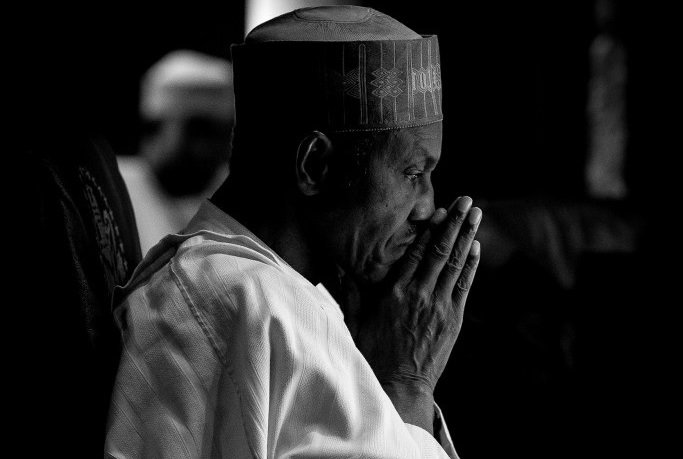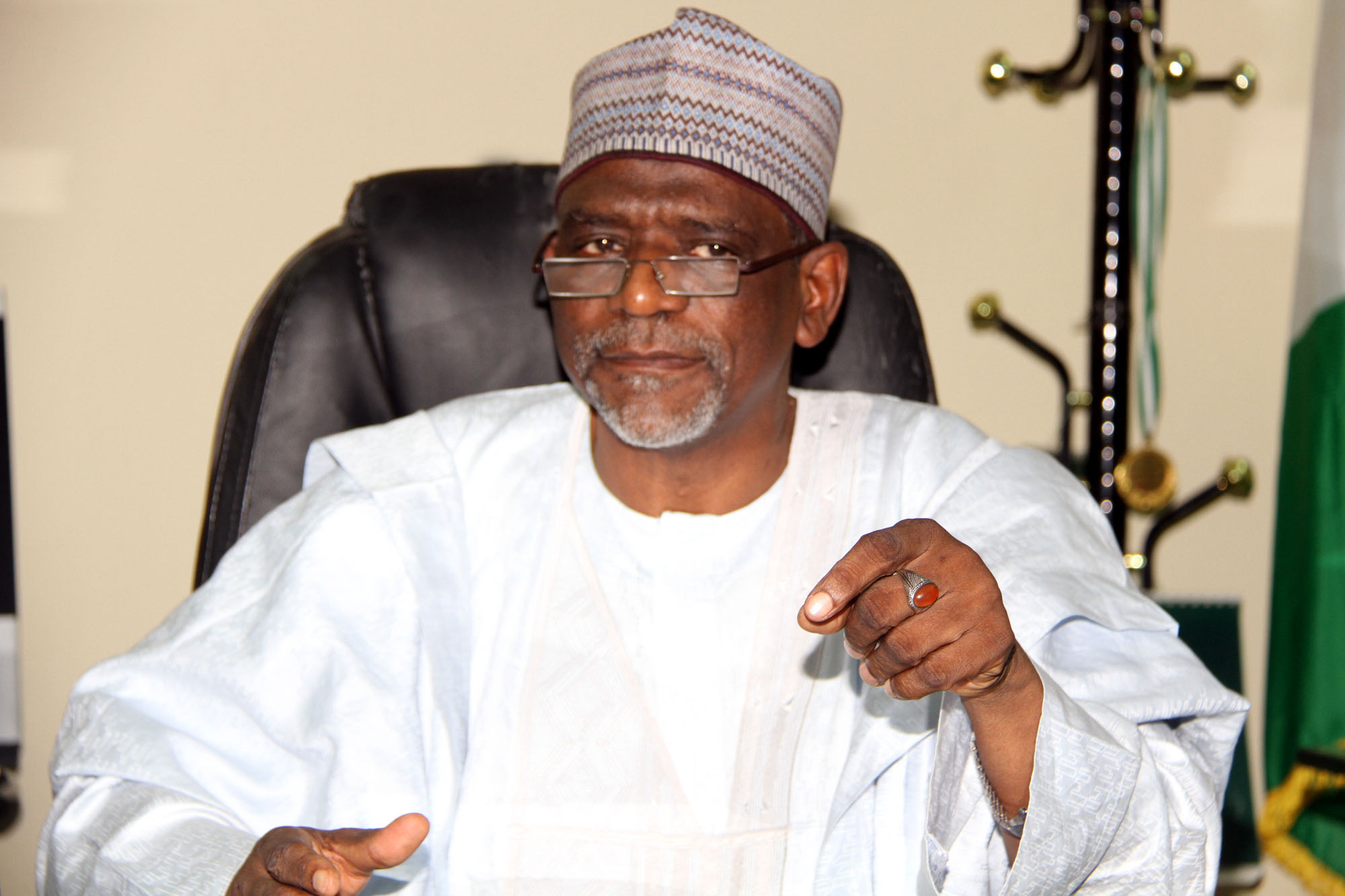The National Judicial Council (NJC) has summoned an emergency meeting over the suspension of Walter Onnoghen, chief justice of Nigeria (CJN).
TheCable understands that the meeting will now be held in Abuja on Tuesday after it was moved by one day.
The meeting was called by some NJC members in line with its rules.
A member of NJC told TheCable on Sunday that neither Onnoghen, whose suspension has become a subject of controversy, nor Ibrahim Muhammad, the acting CJN, will be allowed to preside over the meeting.
Advertisement
WHAT DO NJC RULES SAY?
According to the rules guiding the conduct of NJC meetings, five or more members can summon a meeting subject to a request made to the chairman.
TheCable was unable to confirm if this requirement was met.
Advertisement
The rules state that:
- The council shall hold meetings at such times and place as the chairman may appoint.
- Notwithstanding the provision of paragraph (1) of this regulation, a meeting of the council shall be convened if five or more members make a request to that effect, in writing to the chairman, specifying the business to be transacted.
- Every meeting of the council shall be presided by the chairman and in his absence, by a member selected by a simple majority of members present and/or nominations in the call of expression of interest and in the request for nomination.
- The quorum for a meeting shall not be less than one-third of the total number of the council members as at the date of that meeting.
- A member shall be entitled to one vote and the simple majority votes shall be the decision of the council.
WHO ARE NJC MEMBERS?
According to 1999 constitution, members of the council are:
- the chief justice of Nigeria who shall be the chairman
- the next most senior justice of the supreme court who shall be the deputy chairman
- the president of the court of appeal
- five retired justices selected by the CJN from the supreme court or court of appeal
- the chief judge of the federal high court;
- five chief judges of states to be appointed by the CJN from among the chief judges of the states and of the high court of the FCT, Abuja
- one grand kadi to be appointed by the CJN from among grand kadis of the Sharia courts of appeal to serve in rotation for two years;
- one president of the customary court of appeal to be appointed by the CJN from among the Presidents of the Customary Courts of Appeal to serve in rotation for two years
- five members of the Nigerian Bar Association (NBA) who have been qualified to practise for a period of not less than 15 years, at least one of whom shall be a SAN, appointed by the CJN on the recommendation of the national executive committee of the NBA to serve for two years and subject to re-appointment, provided that the five members shall sit in the Council only for the purposes of considering the names of persons for appointment to the superior courts of record; and
- two persons not being legal practitioners, who in the opinion of the CJN, are of unquestionable integrity.
WHAT ARE THE POWERS AND DUTIES OF NJC?
Advertisement
The constitution says the NJC shall have power to, among other things:
- recommend to the president the removal from office of the specified judicial officers and to exercise disciplinary control over such officers;
- recommend to the governors the removal from the office of the judicial officers
- collect, control and disburse all moneys, capital and recurrent, for the judiciary;
- advise the president and governors or any matter pertaining to the judiciary as may be referred to the council by the president or the governors;
- appoint, dismiss and exercise disciplinary control over members and staff of the council
WHAT IS THE STATE OF PLAY?
President Muhammadu Buhari replaced Onnoghen with Muhammad on Friday, citing an order of the Code of Conduct Tribunal (CCT).
The Code of Conduct Bureau (CCB) had filed a six-count charge against the CJN based on a petition written by the Anti-Corruption and Research Based Data Initiative (ARDI), a civil society group.
Advertisement
In the petition dated January 7, the group, had among other things, accused Onnoghen of false assets declaration.
While administering oath of office on Muhammad, Buhari said security agencies traced millions of dollars to accounts Onnoghen.
Advertisement
“Although the allegations in the petition are grievous enough in themselves, the security agencies have since then traced other suspicious transactions running into millions of dollars to the CJN’s personal accounts, all undeclared or improperly declared as required by law,” he had said.
But many lawyers and civil rights activists have kicked against the president’s action, saying the NJC ought to have investigated the allegations levelled against Onnoghen.
Advertisement
In a statement, the Nigerian Bar Association (NBA) accused Buhari of usurping the powers of the NJC.
“The action of the Executive portends a slide into anarchy and complete deconstruction of the Rule of Law and due process,” read the statement signed by Paul Usoro, NBA president.
Advertisement
“It amounts to an absolute breach of the Constitution and the usurpation of the powers of the Senate and the Nigerian Judicial Council.”
Add a comment






